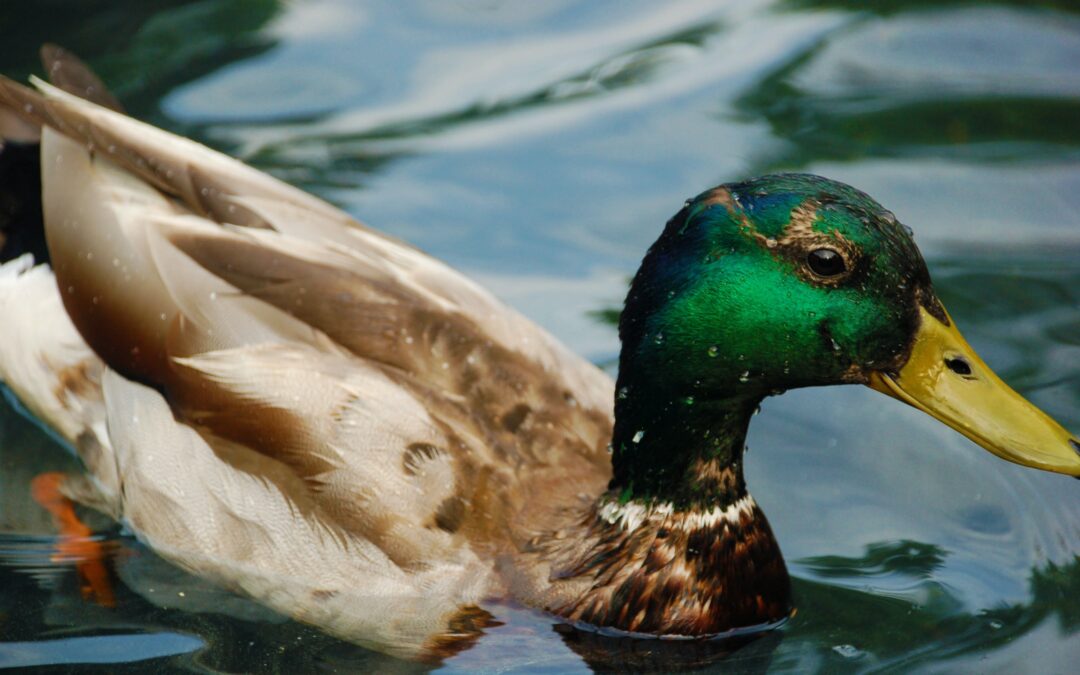White Rock Lake lies less than a mile from my house. I walk, drive, or ride along its banks daily. Mallards are so common that runners and cyclists have to avoid colliding with hens fleeing from courting drakes or leading duckling broods. Other waterfowl include cormorants, coots, geese, and enormous pelicans. Oddly, there are parakeets. Not oddly, there are titmice and chickadees, blackbirds and grackles, swallows, sparrows, finches, and doves.
They cover color’s full spectrum: vivid reds and forest greens, jet blacks and stark whites. They fly, float, swim, and submerge; they squat, perch, plunge, and dive. They cackle, call, chirp, and sing. After a decade seeing them daily—sometimes literally stepping around them—I still wish time would afford me to stop and stare at the creativity of their being.
Creation’s temple should move us. In the 8th Psalm, it stuns David to humility and awes him to worship. “O Lord, our Lord, how majestic is your name in all the earth!”
Some places seem a bit less sacred, though. I recently traversed a parking lot of broken-down asphalt, unswept, and littered, with disarrayed cars apropos to the poorly maintained adjacent structures. But as I cross the lot, the familiar wing-whistle of a launching bird draws my attention. Fluttering swiftly into the distance is a white dove. I see gray doves daily, most often with white-edged wings. But this is the only completely white one I recall seeing in ages.
It is Paul and Silas’ song emerging from prison at midnight. Although in some lots it takes a white dove to remind us, the 8th Psalm is about the whole of creation: parks and preserves, parking lots and prisons.
To a week seeing the reminders that God’s spirit is as unhindered throughout our world as it has always been in his temple’s holy of holies.

